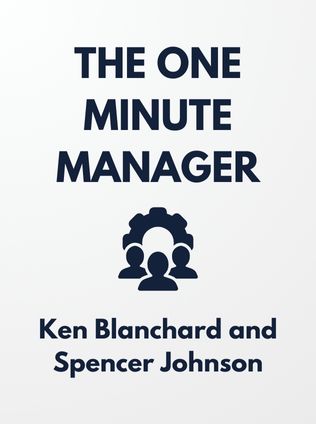
The Amazon Management System
The Ultimate Digital Business Engine That Creates Extraordinary Value for Both Customers and Shareholders
By Ram Charan,
Published 12/2019
About the Author
Ram Charan is a world-renowned business advisor, author, and speaker, with 27 books that have sold over 3 million copies, including the New York Times best-seller "Execution." Over the past 35 years, Charan has worked with many top companies, CEOs, and boards, helping them to achieve outstanding results. Julia Yang, his co-author, is a trusted advisor to entrepreneurs, founders, CEOs, and executives. With nearly 20 years of relevant practice, she collaborates with Ram Charan to serve business leaders and explore new management practices in the digital age.
Main Idea
The Amazon Management System is the ultimate digital business engine that creates extraordinary value for both customers and shareholders. The system is composed of six building blocks that have propelled Amazon to its trillion-dollar success. Ram Charan and Julia Yang distill these building blocks, offering actionable advice that can help any business win in a new digital era that demands nonstop innovation.
Table of Contents
- Customer-Obsessed Business Model
- Continuous Bar-Raising Talent Pool
- AI-Powered Data and Metrics System
- Groundbreaking Invention Machine
- High-Velocity and High-Quality Decision-Making
- Forever-Day-1 Culture
Customer-Obsessed Business Model
Amazon's success is built on a relentless focus on customers. Jeff Bezos, Amazon's founder and CEO, emphasized this in his famous nine-point management and decision-making approach published in his first Shareholder Letter in 1997. Customer obsession is the number one principle among Amazon's 14 Leadership Principles, and it remains at the top.
“We will continue to focus relentlessly on our customers.” - Jeff Bezos
This customer-centric approach drives Amazon's ability to expand into new categories, attract third-party sellers, and earn customer trust. Bezos believes that “customers are divinely discontent. Their expectations are never static—they go up.” To meet and exceed these rising expectations, Amazon continually innovates and invents on behalf of its customers.
Invent for the Customers
Amazon uses technology not just for cost reduction but to transform and enhance the customer experience. This approach has led to groundbreaking innovations like AWS and smart speakers like Echo.
“No one asked for AWS. No one. Turns out the world was in fact ready and hungry for an offering like AWS but didn’t know it.” - Jeff Bezos
Amazon's philosophy is to stay ahead of customers' ever-rising expectations through continuous innovation and relentless invention. This customer-first approach has enabled Amazon to create entirely new markets with enormous global potential.
Long-Term Thinking
Amazon's long-term thinking is a key component of its success. Bezos stated in his first shareholder letter that Amazon would make investment decisions based on long-term market leadership considerations rather than short-term profitability.
“We will continue to make investment decisions in light of long-term market leadership considerations rather than short-term profitability considerations or short-term Wall Street reactions.” - Jeff Bezos
This long-term focus allows Amazon to invest in its platform and infrastructure, driving scale and speed. Scale reduces costs and enables faster expansion into new businesses, while speed provides first-mover advantages in data analytics, algorithm enhancements, and AI-driven solutions.
Sign up for FREE and get access to 1,400+ books summaries.
You May Also Like
The Lean Startup
How Today's Entrepreneurs Use Continuous Innovation to Create Radically Successful Businesses
By Eric RiesWho Moved My Cheese?
An Amazing Way to Deal with Change in Your Work and in Your Life
By Spencer Johnson, M.D.Make Your Bed
Little Things That Can Change Your Life...And Maybe the World
By William H. McRavenThe Ride of a Lifetime
Lessons Learned from 15 Years as CEO of the Walt Disney Company
By Robert IgerThe Hard Thing About Hard Things
Building a Business When There Are No Easy Answers
By Ben Horowitz



















